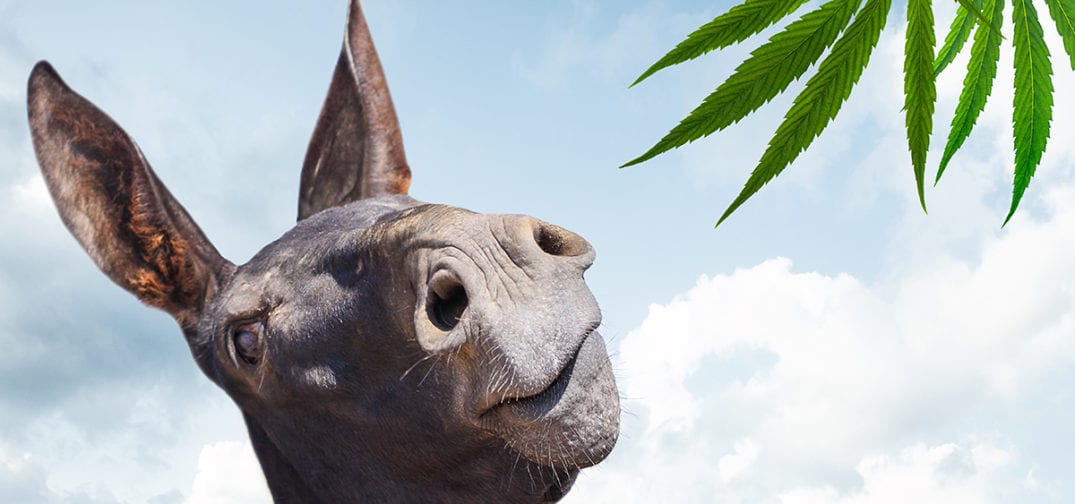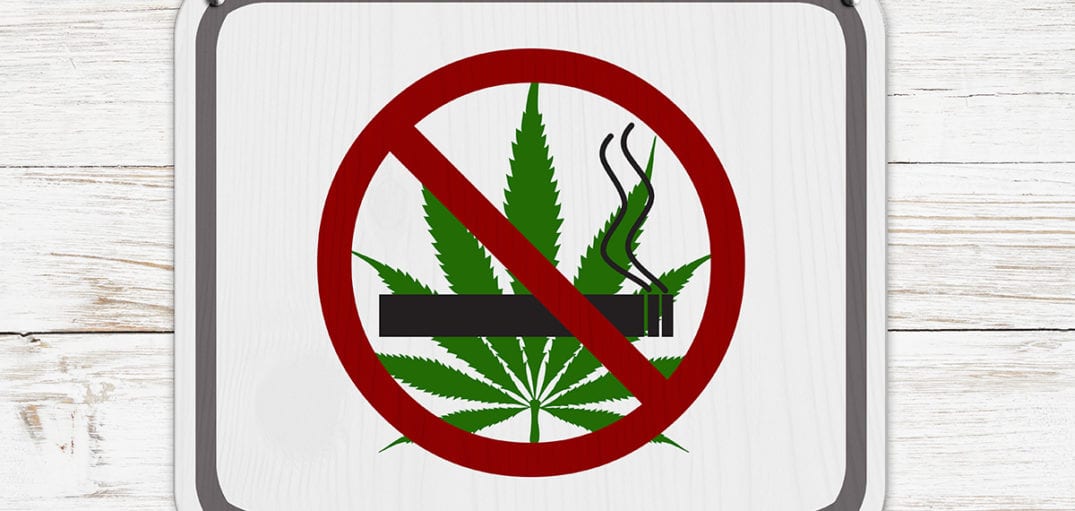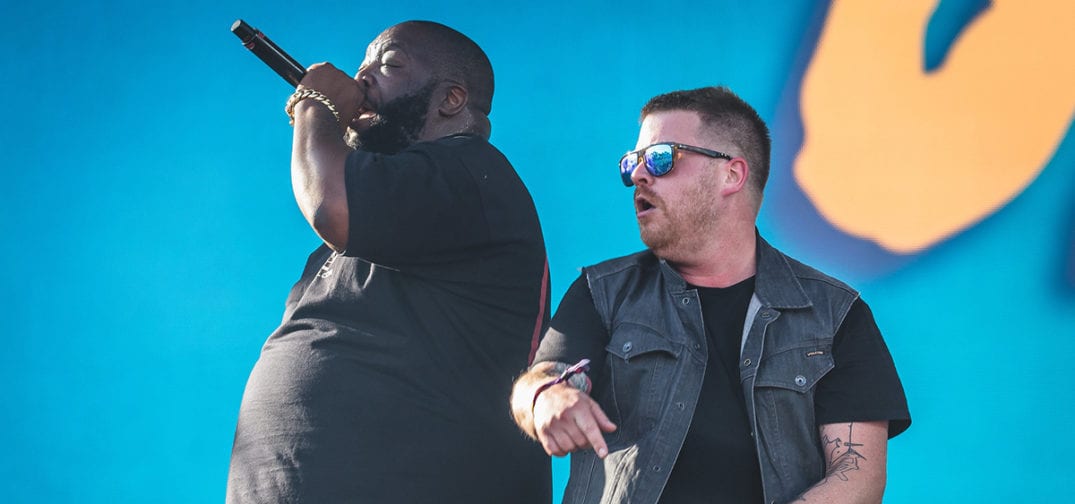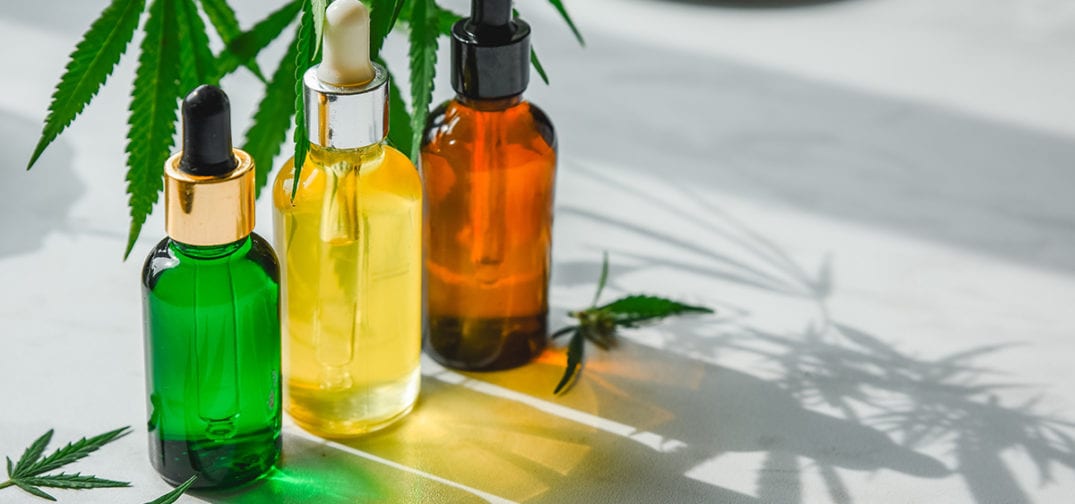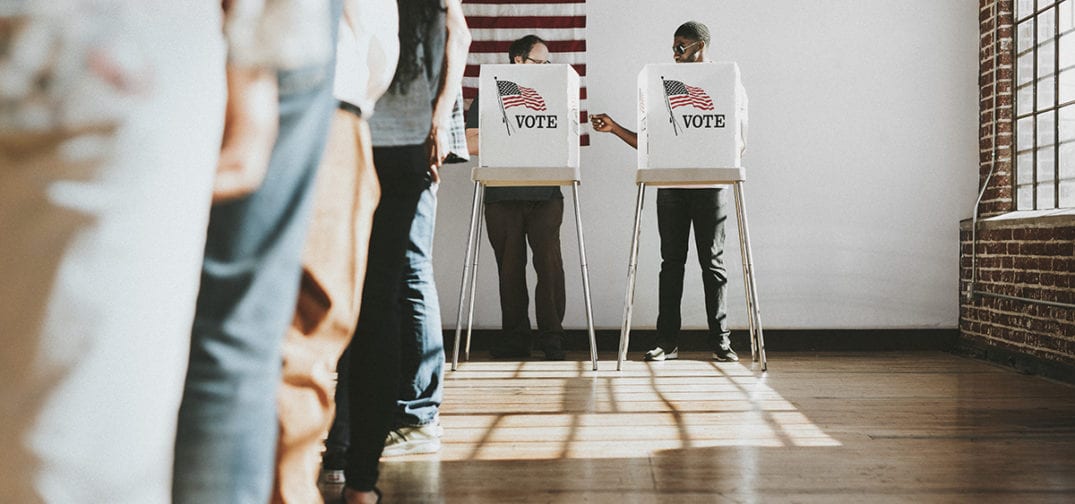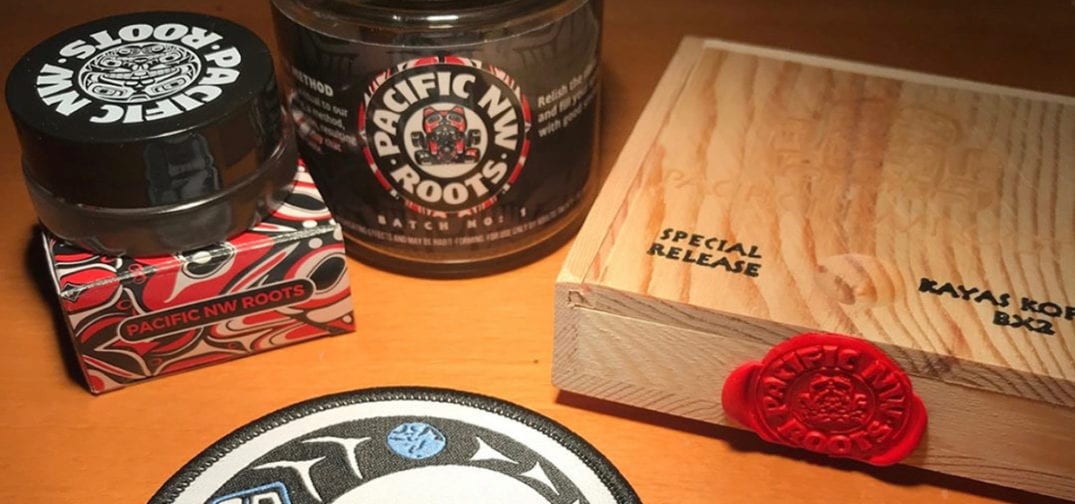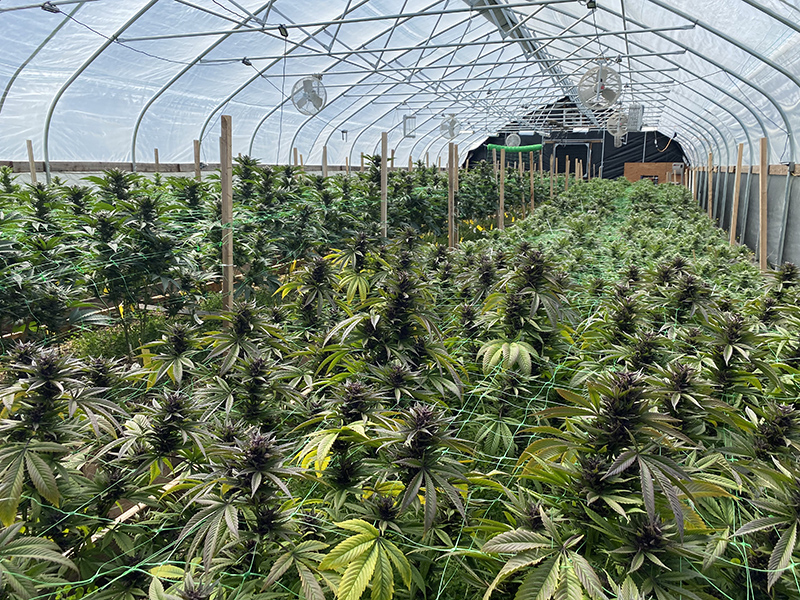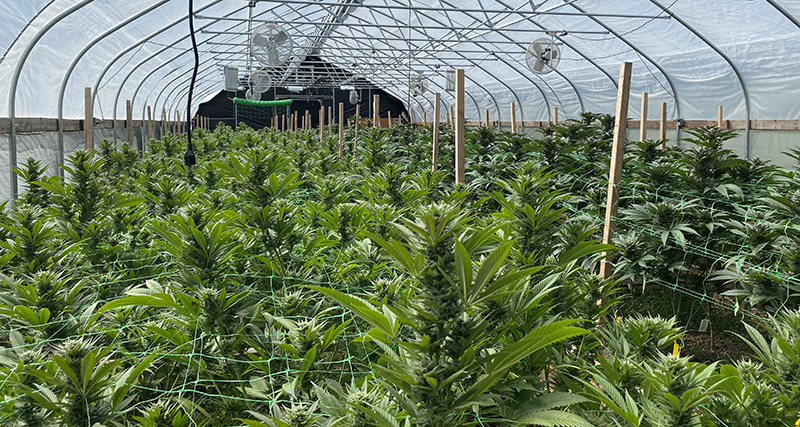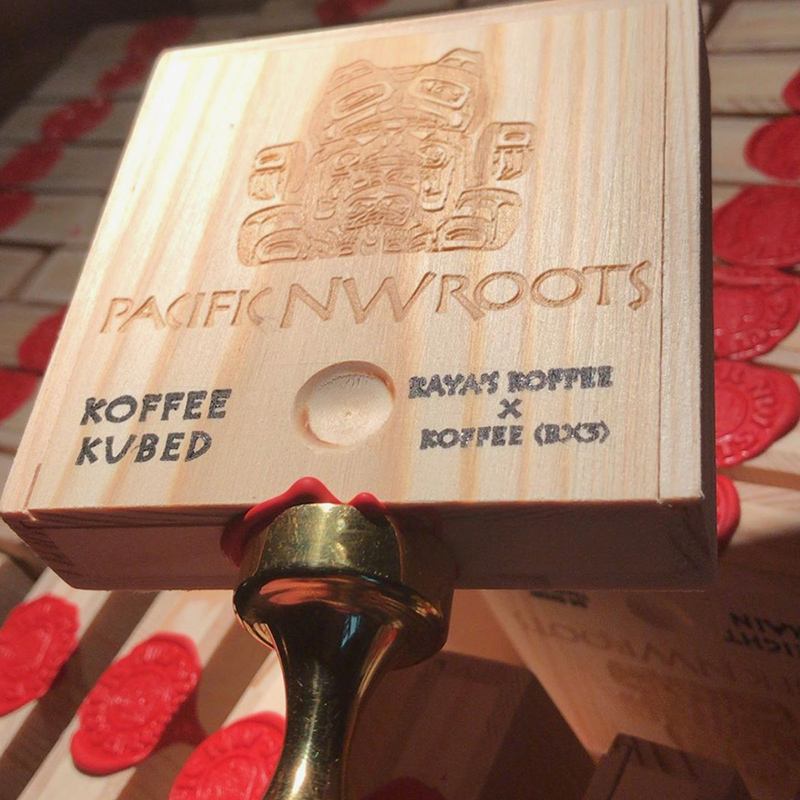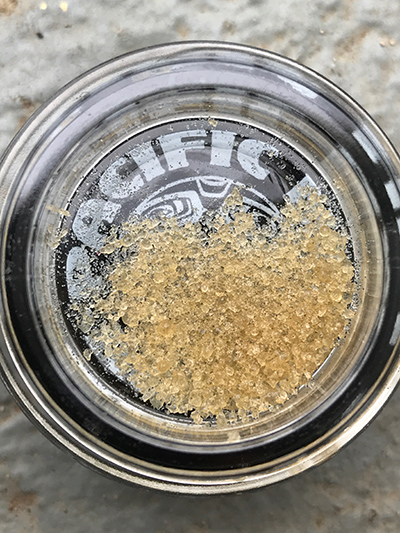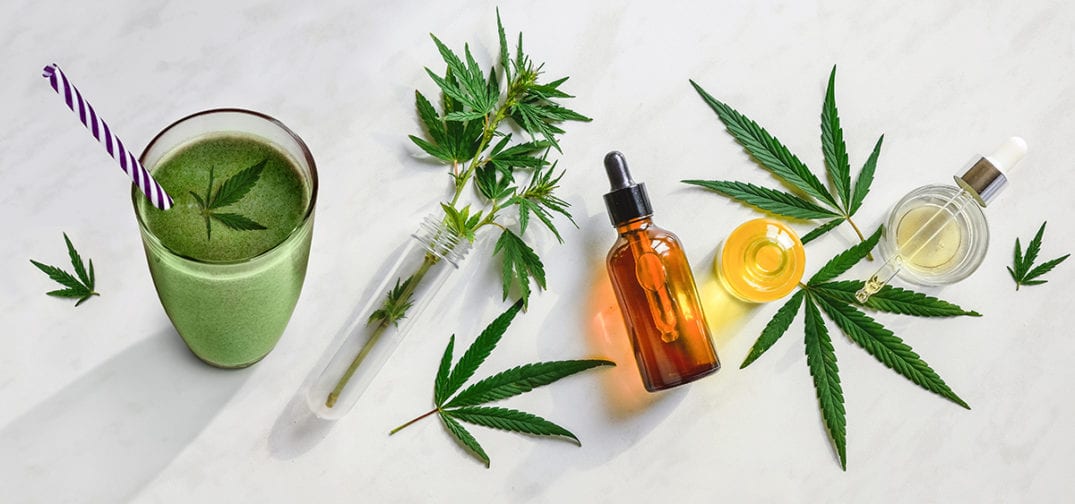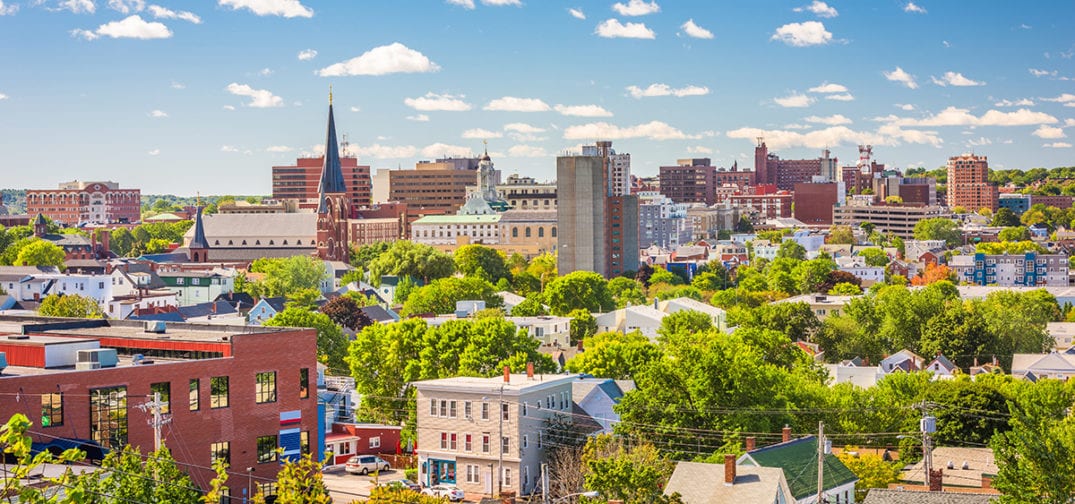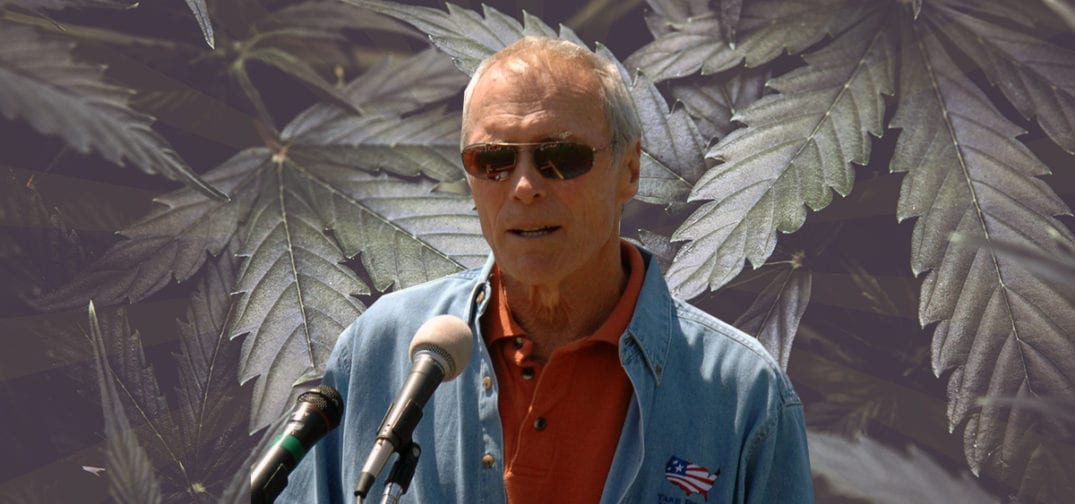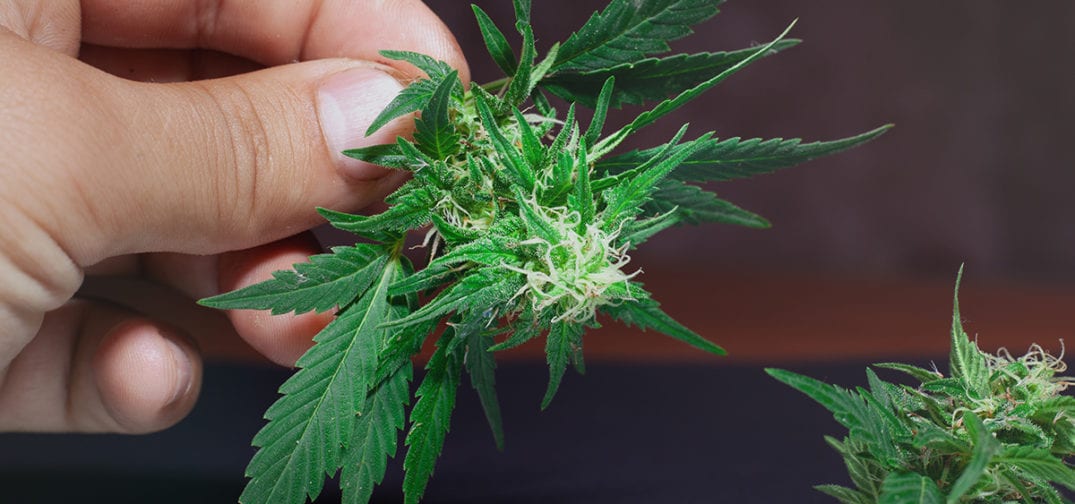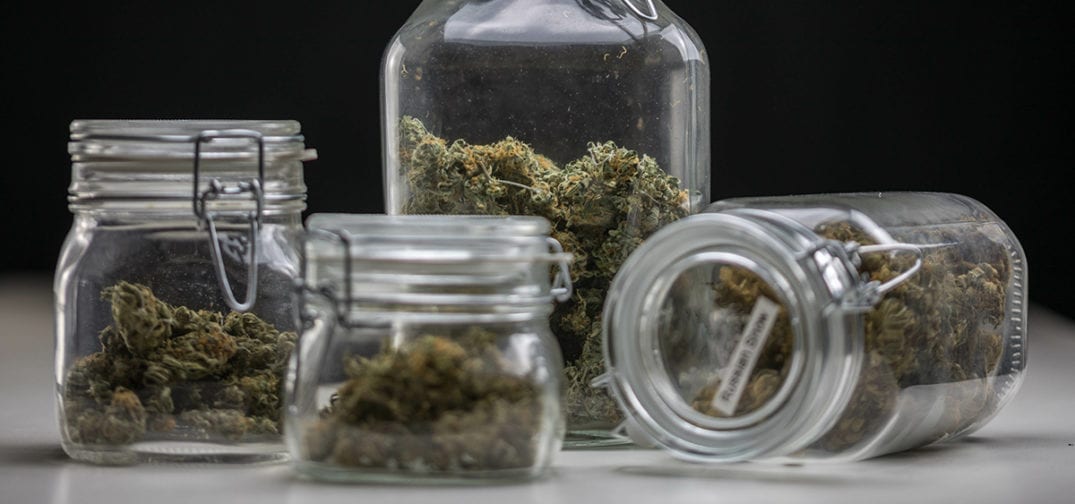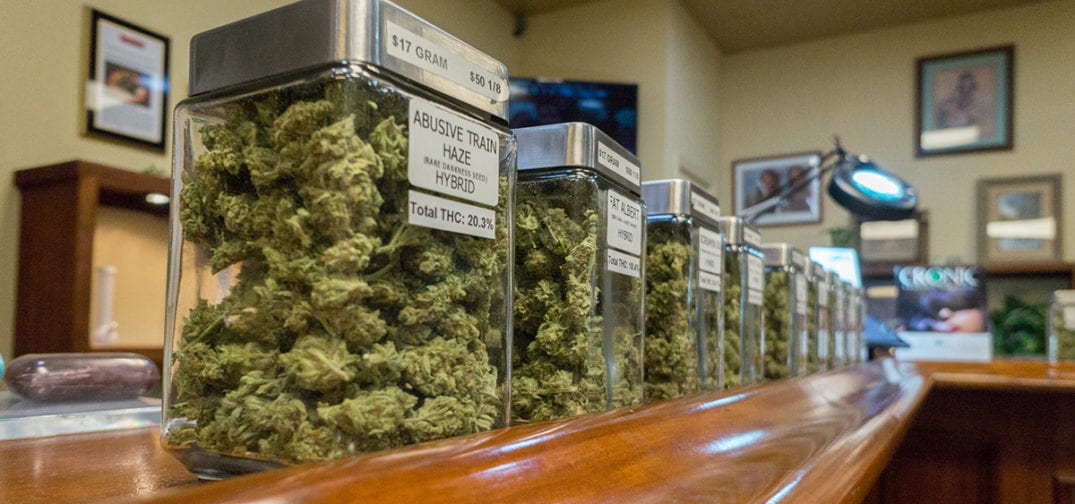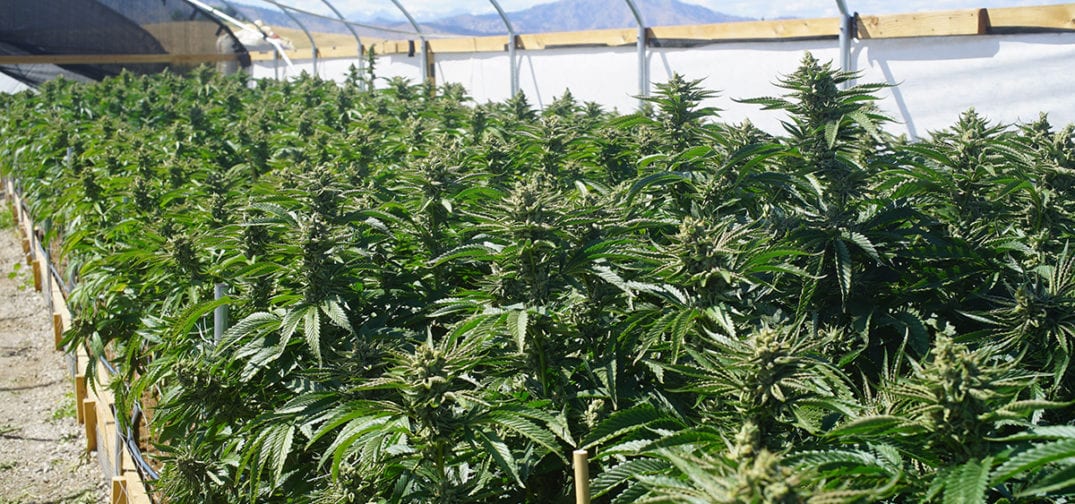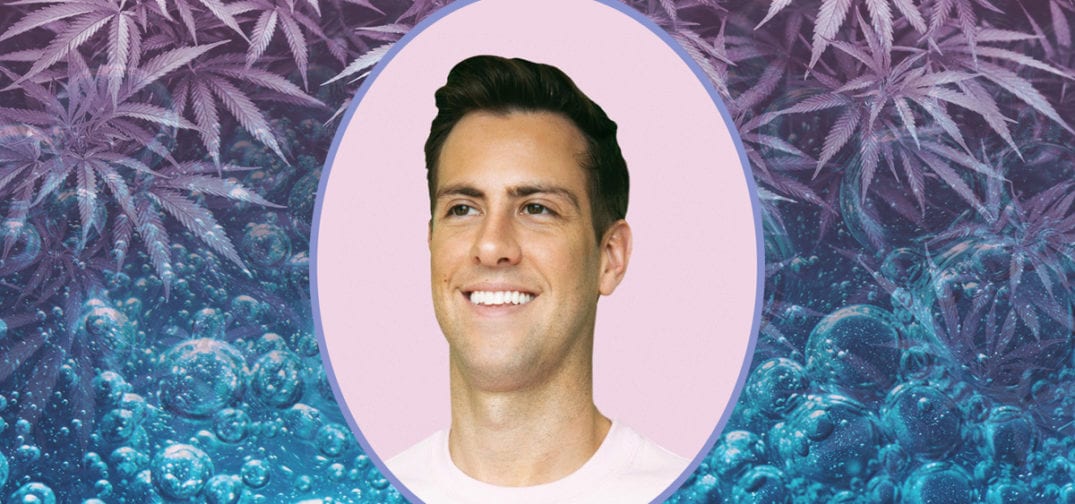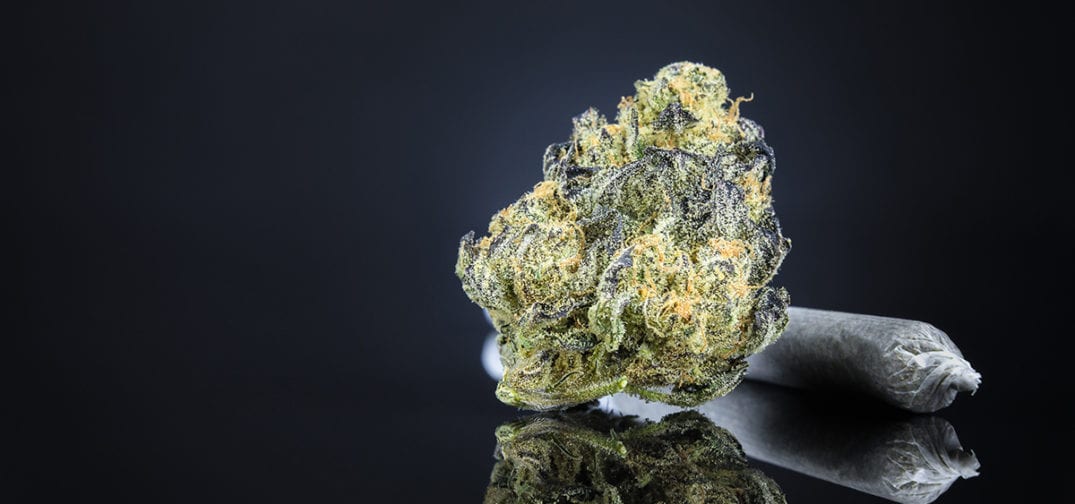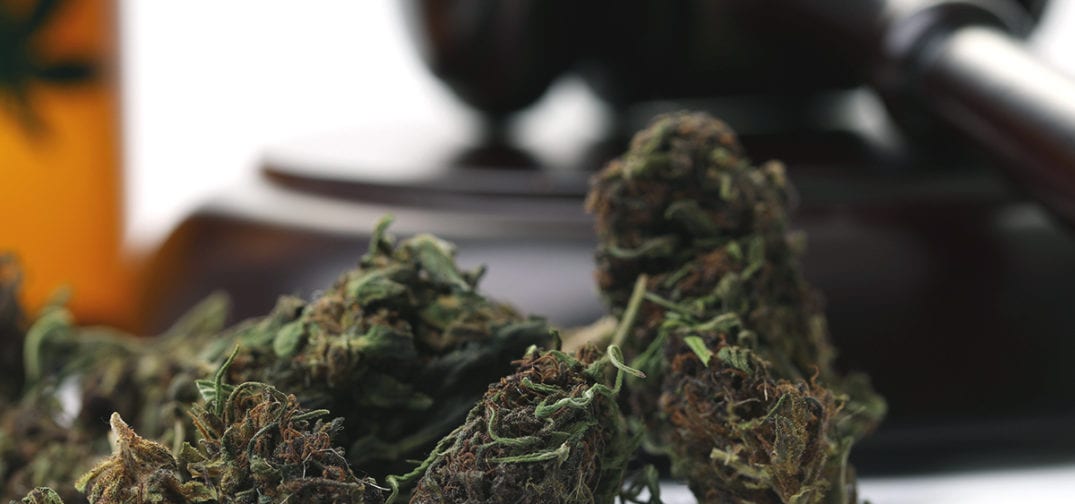Cannabis beverages are becoming more and more common as the industry takes shape. As a self-made expert in cannabis beverage infusions, Jake recently joined our podcast host TG Branfalt to discuss Cann‘s company history, explain how his background in mainstream finance influenced his decision to enter the cannabis space, and describe cannabis consumers’ rapidly changing preferences, which have placed a new emphasis on low-dose and microdose cannabis products.
Tune in via the player below, or scroll down to check out a full transcript of this week’s Ganjapreneur.com podcast episode!
Listen to the podcast:
Read the transcript:
Commercial: This episode of The Ganjapreneur Podcast is brought to you by CannaPlanners. CannaPlanners is on a mission to normalize the emerging cannabis industry through beautiful design and professional web and marketing solutions. Whether you’re looking to create a new cannabis brand, improve your packaging design, or get your company online, CannaPlanners has the perfect solution. Your website is the window into your cannabis company. Make sure that you look awesome, that your messaging is on point, and that traffic converts to customers through SEO. From CBD companies to dispensaries and everything in between, CannaPlanners has you covered. Visit them online today at cannaplanners.com for a free web demo. That’s cannaplanners.com.
TG Branfalt: Hey there, I’m your host TG Branfalt. And thank you for listening to the ganjapreneur.com podcast, where we try to bring you actionable information and normalize cannabis through the stories of ganjapreneurs, activists, and industry stakeholders. Today I’m joined by Jacob Bullock. He’s one of the co-founders of Los Angeles, California-based Cann. They’re the makers of Cann social tonics, a low dose cannabis-infused beverage. How are you doing this afternoon, Jake?
Jake Bullock: Doing all right. How are you TG?
TG Branfalt: I’m great, man. I’m great. I’m really excited to talk about this. So, as many of the listeners on this show know, I actually don’t consume any alcohol. I don’t live in a legal state. I’ve actually never lived in a legal state, but through the underground markets, I’ve obtained many different sort of beverages, from the syrups… When I went to Michigan, I bought a bunch of root beer. I went to a Cannabis Cup there. When I go to Massachusetts, I try to find drinks. They’re not often available there, which is really frustrating. So talking about drinks in particular is something I’m very excited about.
So before we get into the culture and the products, tell me about yourself, man. How’d you end up in the cannabis space?
Jake Bullock: It’s kind of an interesting story. So I had grown up in Colorado and that kind of was the foundation for me. I’d followed the legal industry there as they sort of went recreational legal as the first state. And have been prior to starting Cann, worked with consumer brands. I’d done stuff in finance, banking, investing, consulting. Actually met my co-founder, Luke, as a management consultant in San Francisco. And the common thread there was really working with consumer brands.
And I always knew that I wanted to start a consumer brand. And it was right as I got to business school in California that California went through its Legalization process for the rec market. And it kind of was like this perfect storm of timing, where I had these two years of business school where you wake up every day and go to class to sort of think about these ideas and this new industry that was sort of transitioning into a legal industry in California right at the same time.
And so I got really excited about spending those two years thinking about, what would you do in the space and what would that look like? And for me, having followed what happened to Colorado and thinking as a consumer or sort of what products would resonate, a beverage was the most obvious thing. We have thousands of years of human history socializing around beverage. If you think about how most folks consume mild intoxicants, whether that’s caffeine or alcohol, we’re doing it in a beverage and we’re doing it in a micro dose in a beverage. And so the idea was, what happens? What does that look like in the cannabis industry? Can you create a product that sort of looks and feels like an alcoholic beverage, but with maybe not a lot of the downsides and a lot of the really positive sort of social buzz. And so that was the idea.
TG Branfalt: So you end up at some point during your career at Bain Capital, correct?
Jake Bullock: Correct.
TG Branfalt: And a lot of people associate Bain Capital with Mitt Romney Republicanism, right? And this sort of vulture atmosphere, right? And that’s not to say that that’s true or false, that’s just sort of the social conscious sort of way that they think about it. So how do you go from Bain Capital to the cannabis space? I mean, it seems like such a jump.
Jake Bullock: Yeah, it’s interesting. I mean, in some ways it is, right? I spent a lot of time at Bain Capital, before that at Bain & Company, before that, investment banking. Works in sort of a traditional mindset, right? Whether it’s client services or whether it’s investing. Waking up, having a very clear path about what you’re supposed to do, you’re working on a team, often with a lot of really smart people, but you sort of do the same thing over and over again. And in some ways there’s differences, but for the most part, it is sort of a corporate grind. And you think about that path and the politics and how do you move to the next level? And what does that require? And do you even like what you’re doing every day, right?
All those questions were ones that in more ways or not hit me while I took this two years to go to business school. And I think personally about my career in life up until this point, have always been really rewarded by taking risks that felt really uncomfortable and really different than what was expected of me. Even though in those moments there was a lot of short term anxiety and fear, potentially that things would go wrong and it would be terrible mistake. Leaning into those experiences in my life has actually served me really well. And so I kind of approached this problem similarly, which was, wow, are you really going to give up a career in investing and start brewing a cannabis beverage in your basement or garage? Which is where we started.
And you kind of approach it the way that I think smart people do, which is you talk to consumers. You ask them like, am I crazy? What do you think of this product? Would you use this? And you try to convince yourself that it makes sense. But that doesn’t take away how big of a risk it felt at the time and how scary it is in the moment.
But like I said, I think that to really break out of that grind, out of those expectations, and do something that you really love and that you’re excited about. We first started testing some of these beverage products and some of them were terrible, but some of them were really good, and the good ones were exciting. I mean, you would see people’s eyes light up and they would be like, you have to do this. You’re telling me that you’re going to do this. This needs to exist. And those are really cool moments where you’re like, okay, maybe there’s something here.
TG Branfalt: So what about your peers in the investment industry? What was their response when you told them that that’s what you are passionate about and that’s what you were going to do next?
Jake Bullock: Yeah, it’s interesting. So one of the things you learn while investing, and I learned, was how to describe an opportunity, particularly a financial one, right? I think I did a good job of selling them on the opportunity. I had no idea how hard and how crazy it was going to be, and in hindsight, I probably wouldn’t have done it if I knew.
But the interesting people were actually not my investing peers. It was friends and family, people really close to you that are sort of saying, what are you thinking? This is crazy. And one of the hardest things I think about starting any company, let alone something in the cannabis industry where there still is a little bit of a stigma, particularly in certain parts of the country, is the people closest to you are often the ones that are the least supportive, are the ones who have relationships that are sort of founded in fear and want you to sort of be the least risky as you can possibly be. And that’s really hard, because in those moments when you’re thinking, do I do this or not? They’re really lonely moments.
TG Branfalt: You had mentioned the challenges that you had. Can you describe to me some of those challenges that you faced when launching this company? I mean, you say you started it from your garage. I mean, that alone, to build something from your garage is a testament, right? So can you just sort of tell me about the journey, of the challenge?
Jake Bullock: Yeah, definitely. So we started kegging prototypes of this product in our garage, force carbonating it. We got a little pony keg and a little CO2 tank. Juicing ginger in a blender to try get that extract flavor. Playing around with all sorts of different formulations, dosage levels. And then bottling them in these brown bottles and sending them off. At the time I was in business school so I was sending these off with classmates basically, in six packs, and having them come back and say, okay, how many did you have? Did you share them? What was the effect? What did you like? What didn’t you like?
TG Branfalt: You had to do your own marketing research.
Jake Bullock: Yeah. A hundred percent.
TG Branfalt: Wow.
Jake Bullock: And did it face to face with consumers. And I think that was such a powerful point in the early development of the product, because you learned a ton. This is when we sort of settled on two milligrams as being the right amount of THC in a product. And that still to this day is somewhat controversial, but we saw it. We saw it in people’s eyes and in the data, in their feedback when they talked about this product. And that was the sweet spot. That was what allowed people that were first time, never to cannabis consumers, to consume one or two. And it allowed people that were more casual consumers of the product to do three, four, five. And that felt right, that’s sort of like how you might drink alcoholic beverages. And so, those types of learnings were huge.
I think the hard stuff… There’s so much, there’s so many things that were hard. For me personally, moving to my parent’s basement and living out of there for six months while we tried to formulate and fundraise and do all that stuff, was quite the experience.
And something that I wasn’t really expecting, if you would have asked me maybe five years ago where my career would have led me, me and Luke trapped in a room for six months, just the two of us, trying to figure out what this brand really stands for and what it says about people and what the voice and the culture and what matters in the company is. Convincing first people to come work for us was really, really hard. I mean, why would anyone do that? That seems like a crazy idea. And having to sell them on the vision and why this product matters and then actually having them join was this incredible experience.
And then thinking about how this job more from developing a product to then making that into a company and how does that fit strategically into this industry that has a whole host of challenges? In some ways we started out getting really excited about developing a consumer brand, right? That was our energy. That’s where our backgrounds were. And we probably spend 10% of our time talking about brand. We’d love it to be a hundred. The other 90% we’re spending on regulatory compliance, operations, all this stuff that’s just not very fun or exciting and only has downsides. But you have to do it because that’s what we signed up for. And so, I could go on and on about all the crazy hard things we’ve had to go through, but-
TG Branfalt: It’s sort of wild because you don’t have this background in brewing. You don’t really have this background in market research. But you do have this background in investment and money. And in January, you guys closed a $5 million financing round, which congratulations.
Jake Bullock: Thank you.
TG Branfalt: And then since then, I’ve read several reports that indicate financing in the space has been drying up lately due to first low company valuations and now the coronavirus. What’s been your experience either trying to find maybe additional financing or conversations with others in the space about financing right now in the industry?
Jake Bullock: Yeah. It’s really hard. And it’s been hard, really, since the fall. I think there are sort of two things that you identified there that are important. The first was, the cannabis industry, before even COVID-19 really, we started talking about that in a serious way, cannabis industry was having some issues. And I think it was primarily driven by the public market, the really big cannabis companies underperforming expectations, which had sort of an effect all the way down the entire market, just even to small folks like us. And I think primarily that’s been because in the early days of states legalizing recreational cannabis, there was a lot of energy behind oh, the entire industry in the state that wasn’t the black market is now going to the legal market and that just hasn’t happened. It’s been much slower. The implementation of regulations have real impacts. There are tons and tons of taxes which can often protect a black market.
And the biggest thing that we think is really slowing the transition in a lot of these states is the product mix. That you still have a lot of products that make sense for really, really heavy cannabis users, folks with high tolerances. We know cannabis tolerances are exponential, so they’re folks that over time, and particularly daily cannabis users, that need those products. But there’s so many more that don’t, and they come into a dispensary for the first time, say when you open up in Illinois or California, in these big cities, and they have no idea what to do. Or they’re recommended a product and they have a budtender tell them, oh, this is 10 milligrams, maybe take half of it and they take the whole thing. Or they even take half of it and that’s too much, right? So we think the product mix needs to evolve.
And the products at Cann are two milligrams. We’re the lowest dose on the market in California for THC, and that’s a perfect entry point for somebody that is looking to have a good cannabis experience and never have that scary, anxious, “I was too high,” or paranoid feeling. So we think that needs to transition.
The other big thing that you pointed out was COVID. And so that’s creating a lot of issues now as well. And I think it’s one of those things where it’s very much a wait and see. I know that for us, the retail side has been really challenged with shelter in place and curbside pickup only. A lot of dispensaries either didn’t have that in place or had to very quickly spin it up, which has been challenging. They’re seeing traffic way, way down. Where on the delivery side, it’s the complete opposite, right? Delivery platforms are adding thousands of customers every week. And there’s a real sense that folks that maybe weren’t interested in trying cannabis products are trying them for the first time, maybe after spending six weeks quarantine drinking alcohol every night, it’s driving them crazy.
So, all those things are creating a really, really challenging fundraising environment. Our view has been, in one way, we’ve been really lucky, which is we’ve been able to access capital outside of traditional cannabis investors. We’ve got both cannabis investors and non-cannabis investors in our portfolio. So the round that you mentioned, the five million that we recently closed, was led by Imaginary Ventures out of New York city, who this is their first investment in cannabis. And they think of us as a social beverage, right? THC happens to be our functional ingredient. Just like a lot of other social beverages may use caffeine or other adaptogens as their functional ingredient in their beverages, ours is THC.
And really what we’re trying to do is get people to drink 10, 20, 30% less alcohol and drink Cann instead. That story is a really interesting one that sort of transcends what’s happening in cannabis, into what’s happening in traditional consumer CPG. If you think about all these better for you products that take sort of an existing product, like for us it’s alcohol, but for others it may be meat, or it may be pasta, and they swap out the negative ingredient with an alternative. It’s kind of what we’re doing in some ways. And so, there’s a real opportunity for that.
We also had Global Founders Capital come in. It was their first cannabis investment. And that round was also led by …, which is a great cannabis investor. And so you have a little bit of both. We’ve taken the approach of, for us to really be successful we need to have one foot in the cannabis industry and one foot out of it because we’re constantly taking learnings from both places and bringing them together in this company.
TG Branfalt: So in your opinion, why did these institutions, these capital institutions, take that shot on you guys and your company for the first time, for their first investment?
Jake Bullock: Right. Yeah. I think there’s a lot of things we have going, and the first thing is the product. You have to try the product. I mean, every meeting we have with folks we’re like, have you tried the product? How do we get you to try the product? Because there’s really something special about the flavor. I mean, this is something we designed to be an innovative product in and of itself. This is not sort of, oh, it’s X, but we added cannabis. We were like, what is that new category of cannabis beverages that function a lot like light beer in that they have the same potency, but no hangover, low calorie, but not like zero calorie. We don’t need fake sugar or sugar substitutes. And so we spent a ton of time formulating this product to be that. People love it. They fall in love with it. They try it, they’re like, wow, this is incredible.
And then you have, I think, the moment, the timing, which is… When we first started this company, people were like, this is way too early. You should wait. Wait another two years. It’s too early for cannabis beverage. And then everything came out about Constellation and Canopy and they’re saying, oh, it’s too late. You missed the boat. And it’s like, okay, well maybe if people are saying it’s too late and too early, we’re probably somewhere in the right zone there from a timing standpoint. If you think about broad consumer trends, a lot of people are frustrated with their alcohol consumption. 21 out of 25 adults want to moderate or reduce their alcohol consumption. We’re seeing it even grow further with quarantine.
And a lot of folks are saying, oh, I’m not going to a bar or a restaurant. How do I socialize? What does that mean? What does socializing look like where I can’t drink a handful of alcoholic drinks at a bar? And that’s really cool. We’re taking advantage of that in some ways, by trying to get people to swap out Canns for their alcohol. And so the timing I think is also pretty good, which helps get an investor like that over the hump.
And then I think the third thing is, we have an awesome team and they’ve done an incredible job of executing in a really tough environment. I mean, the California cannabis market is hard. We’re selling a product we often say, which is like selling light beer in speakeasies at the end of prohibition, right? No one in a speakeasy wants light beer. They’re looking for liquor, and they’re totally fine with the liquor. And liquor is going to continue on and be a huge market. But so was light beer. And then that opportunity is what’s being missed, and it’s primarily because of the distribution sort of restrictions that we have in place. But we think that will change. Now it may take a while, but waking up every day and trying to convince folks that, hey, cannabis is not that scary. It’s better than alcohol. Alcohol is the worst thing you do to your body. We feel good about our ability to do that.
TG Branfalt: So, as I said at the top, I love cannabis beverages. I also love low dose beverages. I regularly will take five milligrams and it makes me feel great. I’m also a heavy consumer. I mean, I smoke quite a bit. So for me, I sort of bridge both, right? Because I don’t drink, I do use low dose cannabis in social situations, so I’m not eating everybody’s meals. What’s the pitch or what’s the appeal for Cann tonics for daily heavy cannabis consumers? Is that a demographic that’s included in your marketing, your longterm vision?
Jake Bullock: Yeah, it’s a great question. So the way I would try to sell you if you came into a dispensary and they were sampling Cann wouldn’t actually be, this is the perfect product for you. It would be something little bit different, which is, have you ever been in a situation where you have a bunch of friends that aren’t huge cannabis consumers, but you are? You don’t really want to drink alcohol, they tend to drink alcohol. And how do you sort of introduce them to cannabis? Your friends, people that you want to spend time with, but maybe choose to drink alcohol as their mild intoxicant of choice. And so what a cool way, if you’re hosting a party, if you’re going to a party, to bring a six pack of Cann and sort of introduce your friends that aren’t as into cannabis as you, to cannabis. It’s such a safe product for them, they are guaranteed to have a good experience. And it’s controllable, right? So they can have one, two, three, four, depending on what they want to feel and the timing that they’re thinking about spending.
And so that’s kind of how we think about it for folks that are maybe daily cannabis users. Now we hear interesting stories of people that are saying, oh, I love drinking Cann while smoking, because I get high and then it’s this nice sort of like THC/CBD blend that helps me through that. Or folks that say, yeah, I can’t always smoke everywhere I go, so crushing a couple of Canns is great. But again, that’s going to be a really, really mild buzz for them, but we hear it, so…
TG Branfalt: So is it sort of your thought that the industry is… Or are you seeing the industry in California… Said that your product is the lowest THC on the market. Do you think that it’s trending towards low dose and microdosing?
Jake Bullock: We’re definitely seeing that. I think one of the things that’s slowly happening, but it’s definitely happening, is you’re seeing folks that had a bad experience with cannabis in the past. Maybe this was like a brownie in college that they’ll never forget, or maybe recently in sort of the early days of the rec market in California were eager to get in and had a bad experience, that were sort of lapsed cannabis consumers that are coming back. And when they come back they know to say, I do not want to get too high. I had this horrible experience. What is the lowest thing? And there’s some great products on the market. And I think some of the really interesting ones that we see that aren’t beverages that are also low dose are growing really well. The mints that often can be really low dose seem to do really well as well. And so you’re starting to see that.
I think the other thing is beverage as a whole as a category is getting a little bit more traction, both low dose and some of the more moderate and higher dose beverages as people start thinking about… One of the biggest change has happened is emulsion technology has improved a lot. And so you don’t have those like really oily mouthfeel, sediment, particulates coming out of the beverage. They tend to be much stronger than maybe they would have been two years ago. And so you’re starting seeing people going to the one you’re seeing dispensaries putting in refrigerators and then the bud tenders and folks going to those refrigerator and being oh, this is interesting. I never thought of a cannabis beverage.
And we’re shocked the amount of times people say, I didn’t even know there were cannabis beverages. And we’re like, oh, this is what we do every day. But it’s still so new. I mean, I think it’s one or two percent of the market today in California. But of all the products that you look at in a dispensary today or on a delivery platform, I think it’s the category that has the potential to take the most share going forward. It would not surprise me in 10 years if you look back and 50% of the cannabis industry is beverage. It would kind of make sense. And you’d be like, oh yeah, that makes sense. Like, alcohol is in a beverage, so is cannabis.
TG Branfalt: Yeah. And something I’ve noticed about cannabis beverages in my experience with them is that, with alcohol, a beer tastes like a beer, right? I mean, your light beer tastes like a light beer. And that the cannabis beverages that I’ve generally tasted have always been very flavorful. And this goes to the root beer and the other stuff that I’ve tried. So just sort of a question, so in Massachusetts, for example, the dosing is capped at five milligrams. You cannot get an edible that’s a dose more than five milligrams singular dose. Are you guys sort of banking on these low dose sort of regs to keep passing? Was that something that was integral in your thinking? Is going, hey, they’re going to cap these at five or ten milligrams, so if we’re at two, we’re already well under. Are you sort of positioning yourself for future markets with that milligram?
Jake Bullock: Yeah, it’s interesting. So it was never a thought process of ours that the regulations would force us to be low. We actually kind of thought about it as, what is the right number of Canns you can have in any given setting? We think about sessionability a lot, which is like, okay, how do you think about dosing? Well, who’s your consumer and how many can they have? And we believe very strongly that that number was more than one. And a lot of the products on the market were definitely one or under that. And so, that was the foundation for thinking about where we should be from a dosing standpoint.
I think when we look at the bigger picture, having been in it for a couple of years, the way that we think this really takes off our product specifically, is that you have a bifurcation in the cannabis industry where products under a certain milligram of THC are treated differently. So if you think about some states where you have alcohol laws and essentially liquor can only be sold in one type of store, a liquor store, a state run liquor store, whereas beer and wine, you can get in the grocery store. It’s kind of that model. So we don’t know where those thresholds will ultimately land. Maybe it’s five, maybe it’s under five. But they’re just different products. And the risk in the safety level around a two milligram edible or beverage is so different than what you might find on the higher end, and so they should be treated differently from a regulatory standpoint. If we’re ever going to have consumption of cannabis and alcohol alongside each other, if we’re ever going to have cannabis sales in traditional retail, it’s going to have to be the lower dose stuff.
And that’s kind of the path that we think we have forward to ever being in a bar, for example, or ever being available in a grocery store. It’s probably a ways away. But I think one of the things that will be interesting to observe is, as more states continue to legalize recreational programs, and you start to see a lot of the really positive benefits from that, I don’t know a bar or restaurant owner that wouldn’t rather have a mix of their cannabis consumption. Just tends to be better for all of the negative outcomes that they’re worried about. Liability issues, people getting sick, people fighting, consumption of food. So there’s all sorts of really good, positive things, I think, over time that we’ll start to see. And I think you’ll see some of the folks that are opposed to those regulations will start softening.
TG Branfalt: I can definitely tell you, I know a couple of bartenders who wish that they never saw me drunk in my life. Wished they just saw me years later when I would just come in ripped.
Jake Bullock: Right, right.
TG Branfalt: Do you think that the future that you envision, where alcohol is sold alongside of cannabis or alongside cannabis beverages, do you think that that would require sort of a mass shift towards social use laws as programs go online? Because right now you just have basically California, they allow it city by city, Alaska allows it statewide, Denver, Colorado allows it, but that’s really about it. Do you think that would really sort of move the industry, especially the beverage industry, the canna beverage industry in the direction that you sort of foretold?
Jake Bullock: Yes. I think a hundred percent it will. I mean, one of the big challenges we have is around trials. If you think about, we sell our product in six packs. We think that’s the right amount to purchase at one time, similar to how you might buy a six pack of light beer. But the reality is, you probably tried that light beer in a bar and you just got one. And then you’re like, oh wow, I really like this brand, I’m going to go find it in the store. We don’t really have that ability in cannabis beverage. And so, how do you get people to try that first product and then want to come back and purchase more? And there’s something special about trying it in a social setting.
Now what’s interesting. And what we think a lot about at Cann is, what are the right social settings and spaces for our product? And maybe it’s not a loud bar dark with a lot of music and bar stools. It could be a totally different environment. We have fun as a team thinking about, if we could design one of those spaces, how it might be different than what’s optimized for our current alcohol consumption. And I think we’re starting to see that. You have a few in California, consumption lounges popping up. If those experiments go well and are successful and they manage the model and the risk really well, I think it provides a great example for other states looking to safely sort of expand their cannabis industry into social consumption.
TG Branfalt: So, you had said earlier that right now the canna-beverage space is about a one to two percent in California. Like I said, in Massachusetts, I’ve been to three dispensaries there and could not find a beverage in any of them. It’s something that just weren’t on any of the menus. Why do you think A, that right now, it’s still such a small percentage of the California market and B, why aren’t we seeing them sort of more ubiquitous on dispensary menus?
Jake Bullock: So we think, I mean, at a very high level, there are two things that are probably causing this. The first is, we talked about the dosing. When you do see beverages, they’re often way, way too strong for somebody to consume the entire thing. And that just doesn’t really make sense. The value of a beverage, the reason we drink beverages, is that you can kind of have this over time sipping, whether it’s a tea or coffee or an alcoholic beverage. It takes up time. It takes up space. It’s sort of an event in and of itself. You might sit down and do it with a friend or a handful of friends. That doesn’t really work in the context of a hundred milligram, 50 milligram beverage. And so it’s like you almost lose the social benefit of the form factor.
And then the other big thing is, this is not an easy product to manufacture. It requires expensive capital equipment, for sure. The processing is tricky, the emulsion science, stability, depending on your formulation. There are all these really tough sort of food, manufacturing, food science, questions that have been sort of slow to be adopted in the industry, primarily because there just hasn’t been the demand. It’s like one of these things, if it’s 1% of the market, why would you go invest in really expensive equipment and food scientists to help you go do this, when you can just start cranking out all these tried and true products. That’s going to change. I think it will take some time, but it takes products like Cann that are low dose that still tastes delicious for people to really come around and be like, oh, I see the potential. I see the future.
And these products are popping up. I mean, we probably follow it more closely than others, but we’re really excited to see more beverages like ours, because we think that you need that category to really exist. And you need dispensaries, like you say in Massachusetts, to put in big refrigerators and add a bunch of beverage brands, whether they’re like us at two milligrams on the low end of the spectrum, or even all the way up to a hundred. Just making this a category where people think about beverage and what use cases are right for what type of beverage, is going to be a great improvement over what we have now, which is in some cases, nothing and in others, very limited selection.
TG Branfalt: This, Jake, has been a really, really super insightful conversation about a space that I think is overlooked because I love it. When I go to dispensaries, I’m heartbroken when there is not a beverage, because I’m there with my friends. My friends, they end up going to the bar and what am I to do? So I really want to thank you for just being so forthcoming and really sort of peeling back some of the layers, because there’s so few opportunities for me to have this discussion. Before we get to further information about how to contact you, what advice would you have for entrepreneurs either in the cannabis space at large or those who are thinking about the cannabis beverage space?
Jake Bullock: Yeah. So I would say the most important thing and some of the best advice that we got early on, when you’re thinking about entering, developing a product, does it make sense? Is it worth committing to this career? Is really approach the prototyping process like you’re right. And approach the testing process, the listening process to your consumers, like you’re wrong. And so we would say prototype like you’re right and listen like you’re wrong. You will learn so much from consumers. And I think that the real success behind Cann was doing that early human centric design that set us up for success.
TG Branfalt: So finally, where can people… That’s great advice, by the way. I mean, that’s something I’ve never heard on the show before and I’ve asked this question literally hundreds of times. So, it just sort of goes to show, the insight that you have is really sort of different than a lot of people that I do have on the show. So, where can people find out more about you, find out more about Cann, and find out more about Cann social tonics?
Jake Bullock: Yeah, definitely. So we are www.drinkcann.com, and also on Instagram at @drinkcann. And if you’re in California, you can order our 24 packs from our shop.drinkcann.com site, which is the best price for Cann out there.
TG Branfalt: That’s Jake Bullock. He’s one of the co-founders of Los Angeles, California based Cann. They make Cann social tonics, a low dose cannabis infused beverage. Thank you so much, Jake, for taking the time to come on the show. And I may one day make it back to California if I ever get out of my house, and I will definitely be on the lookout for the Cann social tonics. Thank you so much.
Jake Bullock: Yeah. Thank you, TG.
TG Branfalt: You can find more episodes of the ganjapreneur.com podcast in the podcast section of ganjapreneur.com and in the Apple iTunes store. On the ganjapreneur.com website you’ll find the latest cannabis news and cannabis jobs updated daily, along with transcripts of this podcast. You can also download the ganjapreneur.com app in iTunes and Google play. Oh yeah. We’re also on Spotify. This episode was engineered by Trim Media House. I’ve been your host TG Branfalt.
